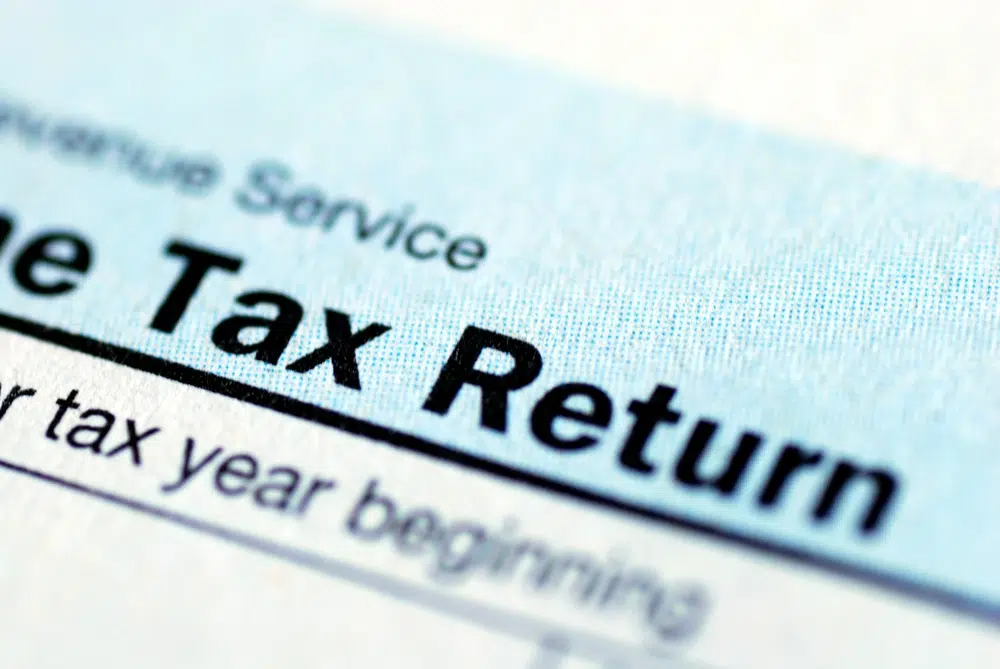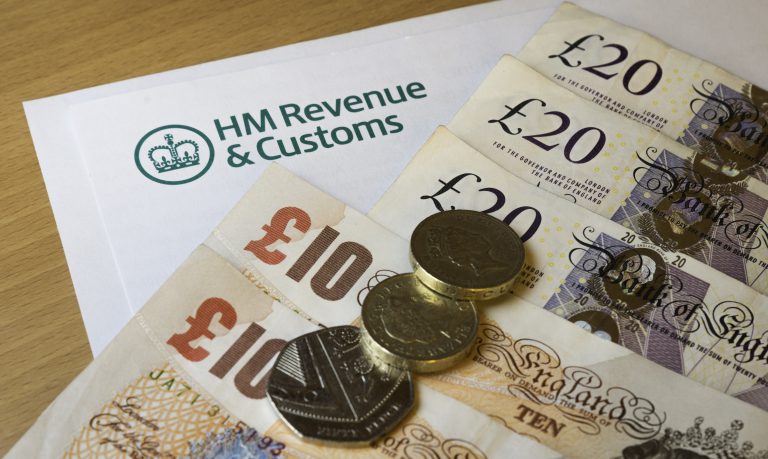Filing your taxes or setting up a new company? Whether you’re self employed, a sole trader or a partner, you’ll need a UTR number. Using the correct UTR number is crucial to avoid fines or penalties from HMRC. Here’s everything you need to know on how to identify your UTR number, how to register for one, and what to do if you lose it.
- What is a unique taxpayer reference (UTR) number?
- How to apply for a UTR number
- How to find an existing UTR number
- Importance of keeping your UTR number safe
- What if I’ve lost my UTR number?
What is a unique taxpayer reference (UTR) number?
A Unique Taxpayer Reference (UTR) is a 10-digit number, unique to every UK taxpayer, issued by HMRC. This number is used to identify you for tax purposes. Continue reading to learn everything you need to know about your UTR.
What does my UTR look like?
Your Unique Taxpayer Reference (UTR) is a ten digit number that might look something like this:
Example of an UTR number: 4830632569
Some UTR numbers may have the letter ‘K’ at the end.
How to apply for a UTR number
You’ll receive your UTR number automatically when you:
- Register for a self-assessment tax return with HMRC
- Set up a new limited company with Companies House
Time to complete your first tax return? Whether you are self employed or a partner in a limited company, you’ll need to register online through HMRC online services to recieve your Unique Taxpayer Reference number.
For self employed individuals and sole traders: self assessment
If you’ve earned over £1,000 before tax relief in the last tax year (from April 6 to April 5 the following year), you need to register for self-assessment with HMRC.
- Access your Business Tax Account on HMRC and register for self-assessment and Class 2 National Insurance.
- You’ll need a user ID and password to access your account.
- After logging in, provide personal details (e.g., name, date of birth, address, email, phone number) and business information (nature of business and start date of self-employment).
- Once registered, your UTR number will be sent to you.
If you are unable to use the online service:
- Fill out the online CWF1 form
- Print and mail the form to HMRC
- After processing the form, your UTR number will be sent to you by post

For Partners or Partnerships:
You can request a copy of your company UTR number through HMRC online services. Your company must be registered with the Companies House, and you’ll need to provide:
- Company registration number
- Company registered name
After your request is submitted, a copy of the company’s UTR will be sent to the commercial address registered with Companies House.
How long does it typically take to get my UTR number?
You will recieve a document containing your UTR number in the post, 15 days after registration on HMRC’s website. Ensure that you apply well in advance of your next tax deadline to avoid incurring any penalties.
How to find an existing UTR number
You’ll find your UTR number on documents from HMRC, typically on the top right of any letter regarding tax from HMRC. This includes, for example:
- Your SA250, or “Welcome to Self Assessment” letter: You will recieve this letter upon registering for self-assessment with HMRC. It contains your UTR number.
- Tax returns: Any previously filed tax returns will include your UTR number on the document
- Reminders of payment: When you receive a reminder of payment from HMRC, your UTR number will be mentioned to ensure proper identification
- Statements of account: Your UTR number can also be found on statements of account
You can also find it in your personal tax account, or in the HMRC app.
Importance of keeping your UTR number safe
Your UTR number is a unique identifier that grants access to your tax information. It’s essential to keep your UTR number secure to prevent unauthorized access. Here are some tips to keep your UTR number safe:
- Keep your UTR number confidential: Do not share your UTR number with anyone who doesn’t need it.
- Use a secure password and login details: When accessing your Personal Tax Account or HMRC online services, ensure your login details are strong and secure.
- Be cautious of phishing attempts: Be wary of emails or phone calls asking for your UTR number. HMRC will never ask for your UTR number via email or phone.
By following these tips, you can protect your UTR number and ensure your tax information remains secure.
What if I’ve lost my UTR number?
HMRC have uploaded an easy-to-follow YouTube video on how to retrieve a lost UTR number you can find below:
Credit: HMRC
Can I get my UTR number over the phone?
If you’ve already checked previous correspondence from HMRC and are unable to access online HMRC services, you should contact HMRC directly by phone. You can call HMRC’s Self-Assessment helpline on 0300 200 3310. Be prepared to provide personal details and your national insurance number. Note also, HMRC cannot give your UTR directly over the phone for security reasons, so it will take around 10 to 15 days to arrive in the post.
Whether you’re self-employed, a sole trader, or in a partnership, your UTR number helps you stay in touch with HMRC and meet your tax responsibilities. If you ever lose your UTR number, you can easily get it back using HMRC’s services.

